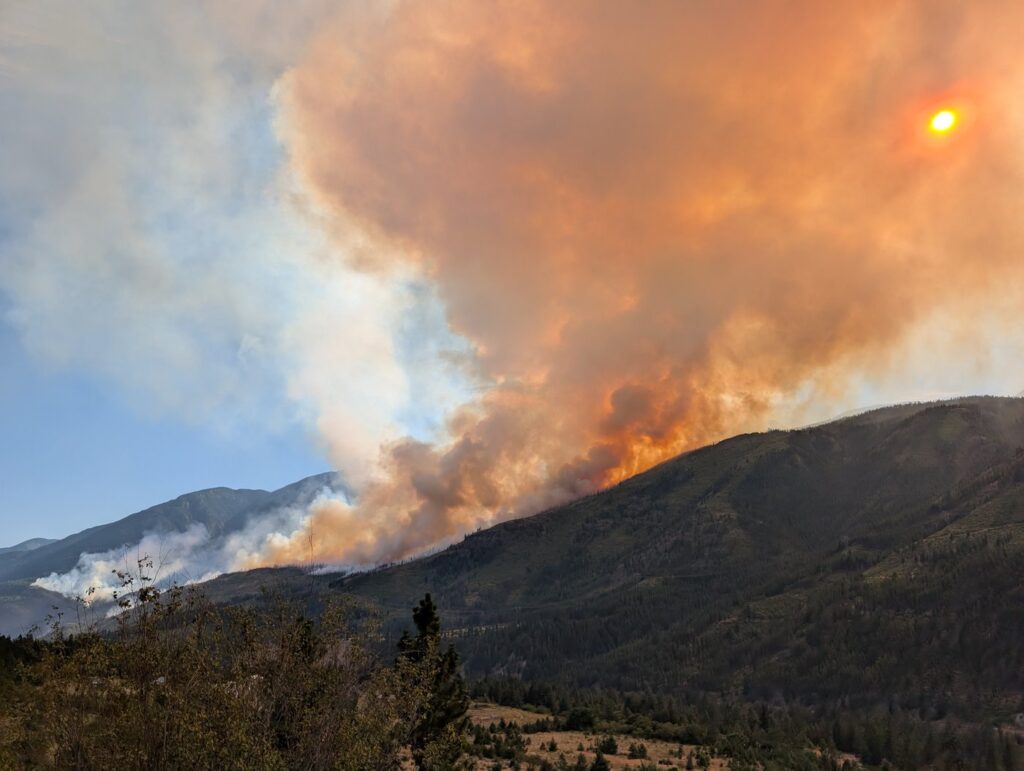
Introduction
The recent fire outbreaks on Vancouver Island have drawn significant attention due to their rapid spread and potential threat to local communities. With the increasing frequency of wildfires, these events raise concerns about climate change and the importance of preparedness in firefighting efforts. As British Columbia faces one of its driest years, the fires have become a key issue for residents and local authorities alike.
Current Situation
As of mid-October 2023, Vancouver Island is experiencing several active wildfires, with the most significant being the South Island fire that has burned over 1,500 acres near Sooke. Evacuation orders and alerts have been issued for nearby communities as authorities work diligently to control the blaze. Firefighters from across the province have been deployed, supported by air resources and specialized equipment.
The weather conditions have not been favorable, with high temperatures and strong winds aiding in the fire’s spread. Moreover, the ongoing drought conditions have made the region particularly susceptible to wildfires this season. Local emergency management services have emphasized the importance of community preparation and awareness in dealing with such natural disasters.
Impact on Communities
The fire’s impact extends beyond the immediate flames. Local businesses, particularly in tourism, agriculture, and fishing, are suffering from the smoke and evacuation measures. Additionally, the ecological impact on wildlife and forests is alarming; many species are at risk due to habitat loss caused by the fires.
Response Efforts
B.C. Wildfire Service, along with local fire departments, has shifted their strategy to defensive actions, aiming to protect homes and critical infrastructure rather than solely focusing on extinguishing flames. Community support is also significant, with local shelters providing assistance to those evacuated from their homes. Organizations such as the Red Cross and local charities are stepping in to offer resources such as food, shelter, and psychological support to the affected populations.
Conclusion
The ongoing situation with the Vancouver Island fires serves as a stark reminder of the increasing urgency for fire preparedness and response strategies, particularly with climate change risks. Community engagement and cooperation with emergency services can significantly impact the outcomes during wildfire events. As the situation evolves, residents of Vancouver Island must stay informed and prepared, remaining in touch with local authorities for updates and necessary actions.



